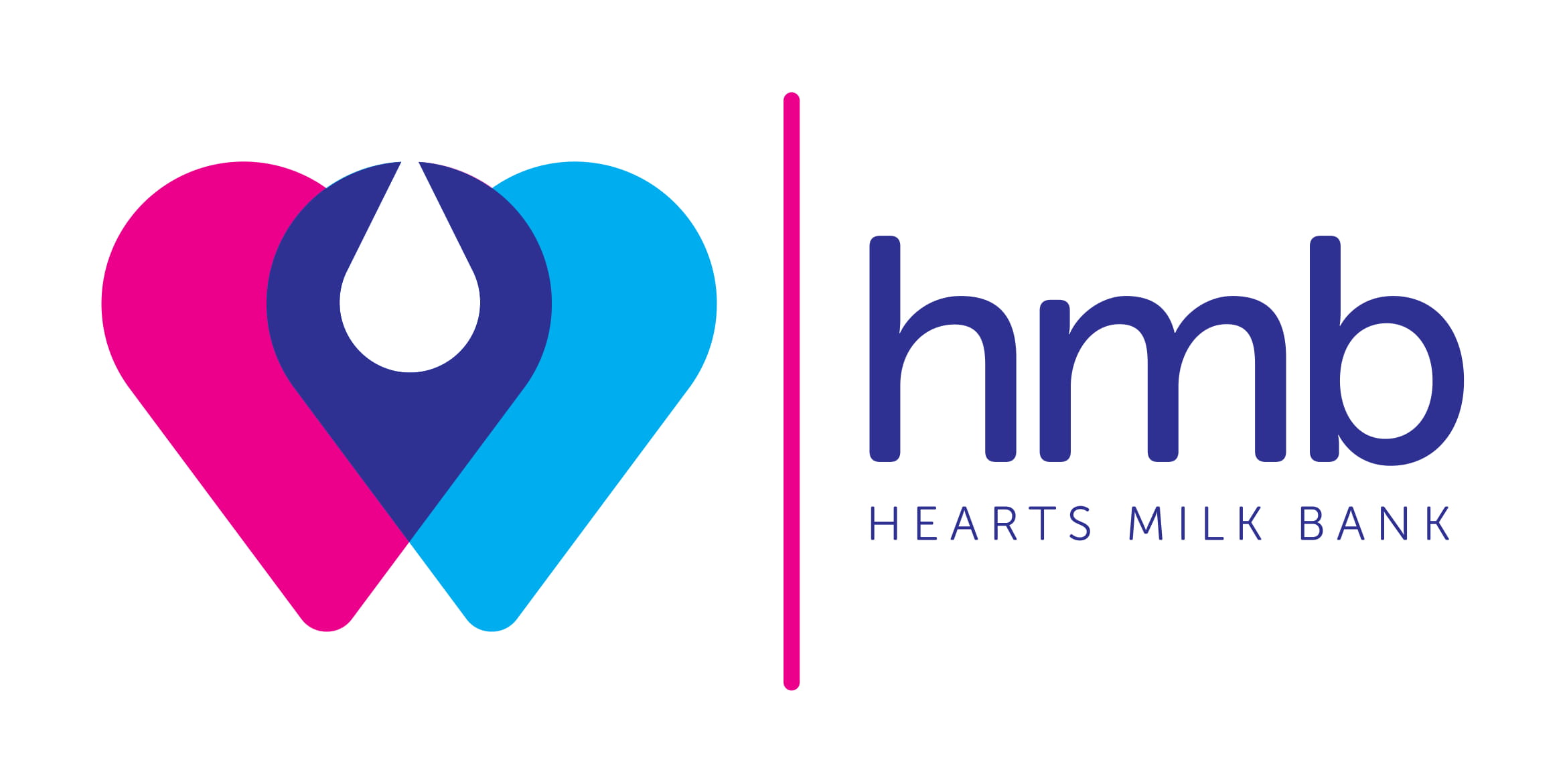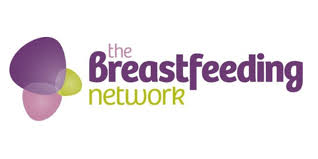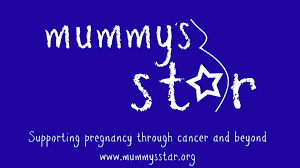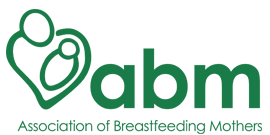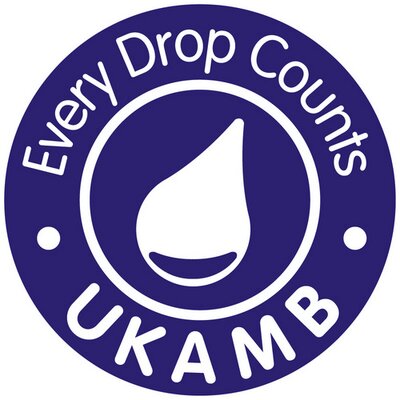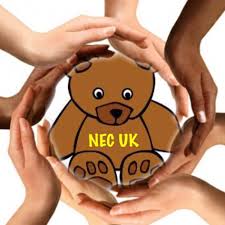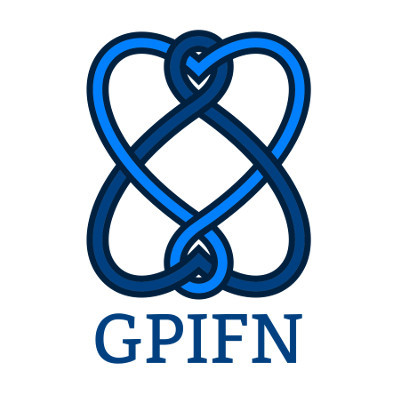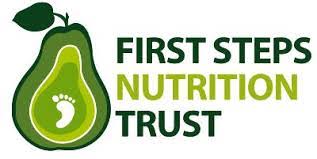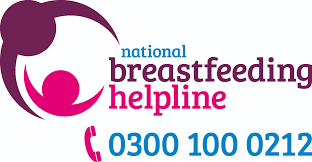
Image credit: Eva Bee/ The Observer
A beautiful piece written by Francesca Segal on the impact milk donation made to her and her twins when they were born prematurely was published in the Observer and Guardian Online over the weekend. Francesca sums up the experiences of so many mothers who have lived through the NICU:
“For two days my scant production was supplemented with donor milk. In their first days the feeding tube went into their mouths, for their nostrils were too little even for the tiniest of lines. A syringe was screwed on to the top of the tube, the plunger depressed, the whole “feed” over in moments – 0.5ml is about five drops, less than you would feed a day-old kitten. But those scant droplets were keeping my daughters alive. I stood by, feeling useless, guilty, grateful. I had failed to keep them safe inside my body and now I was failing to provide the scant nourishment they needed.
“But somewhere out there I felt the presence of another mother – and I felt supported, nurtured by her care. Here, take this. I have, you need. I felt so close to her I could almost see her face. She was anonymous, yet there were things I knew about her: she had a new baby. Without doubt, she had her own worries. Yet her generosity made possible the miracles that were my daughters. She offered up her antibodies to newborns in a state of terrifying immune compromise. She held my hand and we shielded the babies as best we could from necrotising enterocolitis (death of the bowel) and from sepsis, from deadly bacteria and viruses. Because of her, I was granted space to heal, to catch up, to learn.”
Much of the debate around using donor milk in hospital settings (or not) surround the prevention of necrotising enterocolitis (NEC). NEC kills more babies each year than children die from leukaemia, but the disease is relatively poorly understood. Several factors contribute to an increased risk of a baby developing NEC, but multiple trials and three Cochrane meta-analyses (where all trial data is looked at together), show that formula use increases risk. Mother’s milk acts like a medicine, helping their baby’s intestines to grow. Some babies will develop NEC when fed with just their mother’s milk, or with donor milk as a supplement. But over populations, keeping fragile premature babies on solely human milk seems to help.
We are often contacted by mothers whose babies developed NEC and died where a hospital chose not to use donor milk. They will never know whether it would have made a difference, and their anger is a pain that stays with them forever. Those conversations are the hardest. They are also what drives us and a team of total heroes around us to keep going with what could only be described as fragile resources.
While we spend much of our time debating the evidence with hospitals that choose not to use donor milk (with debates framed around an entire array of unsatisfactory or non-existent trial data), the critical point that is often missed is the support of mothers. If some mothers will feel more relaxed knowing that their babies can be fed with donor milk while they are building up their own milk supply, then not having it available places an additional stress on her. If it takes away an uncertainty that can last a lifetime if a baby dies, surely we need to be including this in the conversations about resource rationing?
Milk donations support babies until mother’s milk is available, and support their mothers to get there. The two are indivisible. Without donor milk being available, parents are being deprived of a choice that should be theirs to make.

